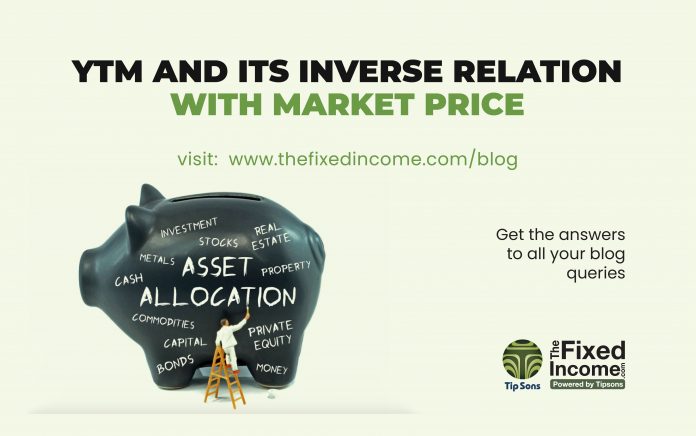Nassim Nicholas Taleb, author of “The Black Swan,” said investors who lost money in the financial crisis should sue the Swedish Central Bank for awarding the Nobel Prize to economists whose theories he said brought down the global economy.
“I want to make the Nobel accountable,” Taleb said today in an interview in London. “Citizens should sue if they lost their job or business owing to the breakdown in the financial system.”
Taleb said that the Nobel Prize for Economics has conferred legitimacy on risk models that caused investors’ losses and taxpayer-funded bailouts. Sweden’s central bank will announce the winner of this year’s award on Oct. 11.
Taleb singled out the Nobel award to Harry Markowitz, Merton Miller and William Sharpe in 1990 for their work on portfolio theory and asset-pricing models.
“People are using Sharpe theory that vastly underestimates the risks they’re taking and overexposes them to equities,” Taleb said. “I’m not blaming them for coming up with the idea, but I’m blaming the Nobel for giving them legitimacy. No one would have taken Markowitz seriously without the Nobel stamp.” “People used the theory and assigned numerical forecasts to the algebra,” said Sharpe, a professor of finance, emeritus, at the Graduate School of Business at Stanford University, in a telephone interview. “But I’m not going to take the blame for the numbers they put in.”
In his 2007 bestseller “The Black Swan: The Impact of the Highly Improbable,” Taleb described how unforeseen events can roil markets. He warned that bankers were relying too much on probability models and disregarding the potential for unexpected catastrophes.
“If no one else sues them, I will,” said Taleb.
Source: Bloomberg.com, October 2010
Asset Allocation and the Efficiency of Investments
Students of the capital markets study risk management, risk adjusted returns and various connected ratios like Sharpe’s, Treynor’s and asset allocation models especially Harry Markowitz’s. These are as good and comfortable as a rookie sailor guiding a ship in the calmest of seas. Experience and deep knowledge make a huge impact when a storm batters the vessel.
In an interview quoted often, Harry Markowitz said, “I should have computed the historical co-variances of the asset classes and drawn an efficient frontier. Instead, I visualized my grief if the stock market went way up and I wasn’t in it – or if it went way down and I was completely in it. My intention was to minimize my future regret. So I split my contributions 50/50 between bonds and equities.”
I believe that Mr Markowitz was proposing asset allocation as a tool superior to the Modern Portfolio Theory he proposed in his 1952 paper “Portfolio Selection”. It is unlikely however, that a student would receive her MBA in Finance from a reputed institution by quoting his 50/50 portfolio split, rather than working out the math of the Modern Portfolio Theory.
Biases in Favorite Asset Classes and the Impact on Returns
A couple of biases that impact the efficiency of our investments are our favorite asset classes. Swearing by equity as the greatest possible investment, or by debt as the safest are the most common.
Every bull market sees articles, interviews and advertisements by vested interests, mostly mutual funds praising the equity returns generated. Inevitably, these returns are compared to the BSE Sensex at its base of 100 in 1979. What is ignored are facts, such as the Sensex was created in 1986 and the base of 100 in 1979 was worked on backwards. No portfolio manager would be able to get away with such a nasty trick that poor sales people seem to use with impunity. For several experts the retail participation of 1992 on the back of the Harshad Mehta led boom became a starting point for the equity market analysis. In the 29 years since 1992 the frenzy of the time the Sensex has actually lagged the returns generated by the government securities index. But more on this shortly.
Investors have enjoyed superior returns from equity if they have moved between asset classes close to peak, or chosen to invest in quality. Quality investment management has selectively provided “fund manager’s alpha” and justified fees.
























